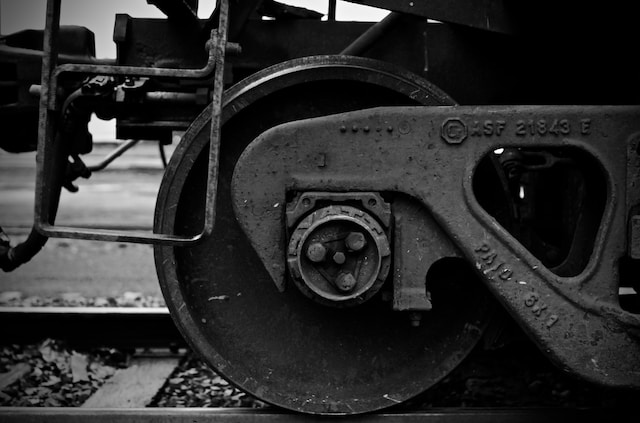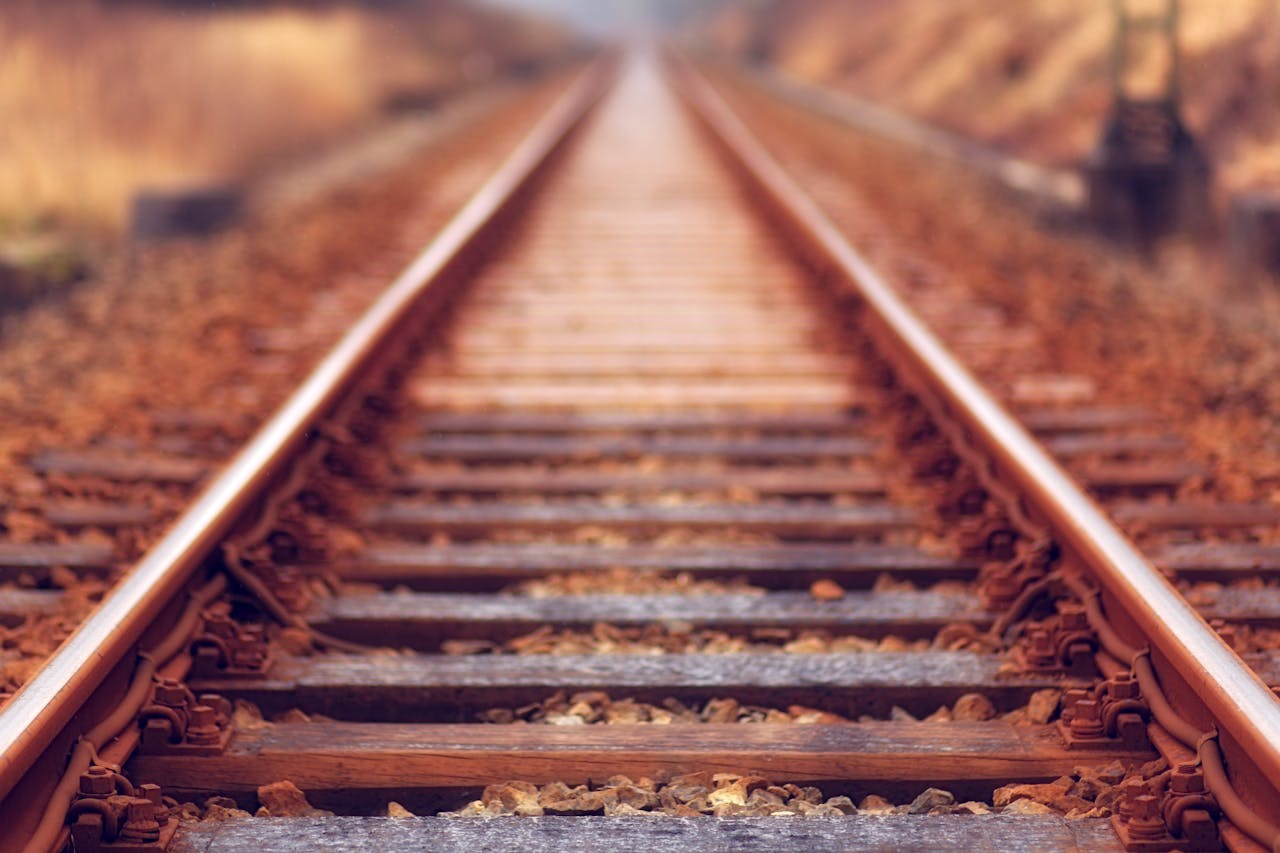
The National Aeronautics and Space Administration (NASA) recently awarded the contracts for the railroad safety reporting system to Booz Allen Hamilton Inc. of McLean, Virginia. This system, known as the Confidential Close Call Reporting System (C3RS), “collects and analyzes reports on unsafe conditions or events in the railroad industry to help prevent more serious incidents in the future.”
NASA acts as an independent third party: owning, maintaining and safeguarding the C3RS data, protecting the confidentiality of the reports. They operate a website where employees can submit confidential reports of close calls. As noted by the FRA, the C3RS program was entrusted to NASA because:
NASA has administered a similar and very successful program, the Aviation Safety Reporting System (ASRS), since 1976 and has received over one million reports from the aviation community without ever violating a reporter’s confidentiality. NASA is an independent, respected research organization that does not have a regulatory enforcement interest. It therefore can serve as an objective, trustworthy broker of reports submitted by frontline personnel in the railroad industry.
Despite this, participation by the railroads is lacking. The Government Accountability Office examined the program and found that the majority of railroads do not participate. The GAO noted that none of the Class I Freight Railroads participated in this program. The GAO further found that approximately 77% of railroad employees are unable to use the C3RS system because their employing railroad does not participate. The non-participating railroads gave various reasons for their lack of participation, including that they already had their own internal systems. As noted by the GAO, this patchwork of individual systems has non-uniform results and information is not shared between the systems.
When the Federal Railroad Administration investigated the safety culture at Norfolk Southern recently, one of their top recommendations was that NS participate in the C3RS program to allow employees to anonymously report safety close calls without fear of discipline or retribution. Despite this, as of late January 2024, none of the Class I freight railroads were on the list of participating railroads. That changed on January 30, 2024, when Norfolk Southern became the first Class I freight railroad to finally agree to sign on to the system – but only as a pilot program.
Safety at the railroad is of the utmost importance. Railroad workers do not get workers’ compensation if they are injured due to a safety condition at the railroad. Instead, injured railroad workers are covered by a separate, federal law called the Federal Employers’ Liability Act. While recovery for the pain and suffering from an injury caused by a safety condition at the railroad may help the individual railroad worker, it does little to protect others from the same condition.
If you have been injured due to an unsafe condition at the railroad, please contact us today.





